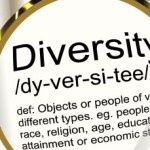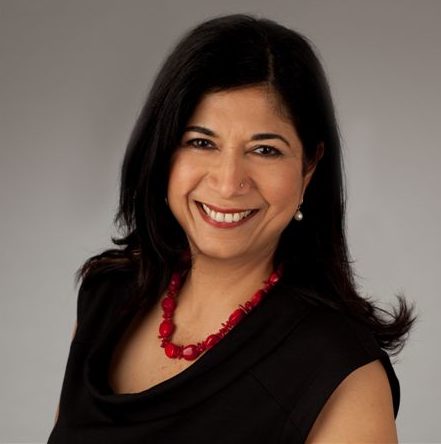 Relationships change us, reveal us, evoke more from us. Only when we join with others do our gifts become visible, even to ourselves.
Relationships change us, reveal us, evoke more from us. Only when we join with others do our gifts become visible, even to ourselves.
– M. Wheatley & M. Keller-Rogers
How much of you, your full self can you bring to work currently?
Or are you having to try hard, to make a case and to show how actually despite your different looks, gender, culture, skin colour, language, practices and other differences, you are just like everyone else and not too dissimilar from the majority or dominant group.
The need for a sense of belonging is a fundamental wiring of being human.
I had an interesting discussion on culture and identity with a Maori elder a few weeks back.
As a cross-cultural consultant, he works with community, religious and organisational leaders in how to engage better with Maoris.
He said he loved his job because all he had to do was to be a Maori.
How wonderfully empowering for him and those he is serving!
We agreed that there are some fundamental differences in perception and outlook between many indigenous cultures including the Maori culture and that of the dominant culture of the country.
A New Zealand example he gave was that our dominant pakeha culture will tend to focus on behaviour first. So in order to belong to the group, one is expected to behave in certain ways before that person may get close to being accepted.
This contrasts with the opposite Maori view for whom having a sense of belonging comes first.
This sense of belonging, welcome and acceptance is fundamental to their engagement, participation and commitment to the group.
If this is missing in that particular workplace, community or religious group they will vote with their feet.
I couldn’t help but ponder how much better our workplaces could be if we could experience that ‘it is okay for me to be who I am.’ And that despite our differences, know that ‘my identity is welcomed and embraced’…. just as we embrace that of others.
A first step in embracing diversity and fostering inclusivity is to accept that our way – be it thinking, behaving and orientation to the world isn’t the only way and there are other ways too.
And then of course to find ways to dialogue, collaborate and establish win-win outcomes.
A lack of inclusivity breeds contempt, disregard and a fixed-mindedness.
There is little room for growth.
So how about you?
If you are in a leadership position, ask yourself, how do you and your company embrace diversity? How do you create an inclusive culture?
Not just as lip service but in real terms of everyday behaviour.
How inclusive are your systems, structures and processes?
Notice where you might be closed to an idea, person or a new possibility?
And what about at a personal level, how do you treat others different to yourself?
By closing others out, we are also closing out some part of ourselves.
And I appreciate sometimes this is easier said than done.
As a leadership coach, team facilitator and speaker, I love working with organisations and savvy managers and leaders to grow their emotional intelligence (EQ/EI) and engage their teams better. I also speak to different audiences on such topics including finding and living our mojo, emotional intelligence and leadership and life transitions.
Image courtesy of Stuart Miles at FreeDigitalPhotos.net






 Follow Jasbindar on Twitter
Follow Jasbindar on Twitter



